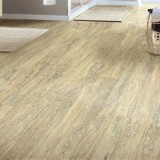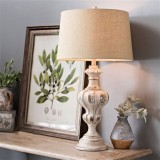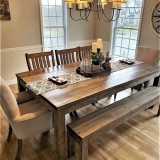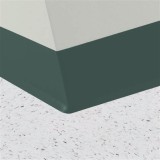Antique Armoire Wardrobe Value: Essential Factors to Consider
Antique armoire wardrobes are highly sought-after pieces of furniture that can elevate the aesthetics of any space. However, determining their value can be a complex task that requires an understanding of several key factors. In this guide, we will explore the essential aspects that influence the value of antique armoire wardrobes, helping you assess the worth of your own piece or make informed purchases.
1. Age and Provenance
The age of an antique armoire wardrobe is a significant factor in determining its value. Older pieces, especially those dating back to the 17th or 18th centuries, tend to be more valuable than newer ones. Additionally, pieces with a clear and well-documented provenance, such as an appraisal or family history, enhance their worth.
2. Condition and Restoration
The condition of the armoire wardrobe is crucial in assessing its value. Original and unrestored pieces are generally more valuable than those that have undergone significant repairs or restoration. However, minor repairs or touch-ups to preserve the integrity of the piece may not diminish its value. It is important to seek the opinion of an expert if you are unsure about the extent of restoration.
3. Style and Design
The style and design of the armoire wardrobe also play a role in its value. Different periods and styles, such as Baroque, Rococo, and Victorian, have varying levels of appeal to collectors and buyers. Intricate carvings, unique hardware, and attention to detail can contribute to the value of the piece.
4. Materials and Origin
The materials used in the construction of the armoire wardrobe and its origin can also affect its value. Solid woods like oak, walnut, and mahogany are generally more desirable than softer woods. Pieces made from exotic or rare woods may have higher value. Additionally, the origin of the armoire, whether it is European, Asian, or American, can influence its desirability.
5. Market Demand and Trends
The value of antique armoire wardrobes can also fluctuate based on market demand and trends. Certain styles and periods may be more popular at different times. It is important to be aware of current market trends to make informed decisions about the value of your piece.
Conclusion
Assessing the value of antique armoire wardrobes requires a comprehensive understanding of their age, provenance, condition, style, materials, and market demand. By considering these factors, you can better determine the worth of your own wardrobe or make educated purchases when acquiring these beautiful and valuable pieces.

Antique Armoires Wardrobes For

Walnut Antique Armoires Wardrobes For

Antique Wardrobe Identification Value Guide

Antique Wardrobe Identification Value Guide

19th Century Country French Armoire Wardrobe In Stripped Oak Chairish

Antique Armoires Wardrobes For

Furniture Guide Antique Wardrobe English Mirrored Armoire

19th Century Country French Armoire Wardrobe Chairish
Lion Wardrobe So Much Better With Age

What Is An Antique Armoire








